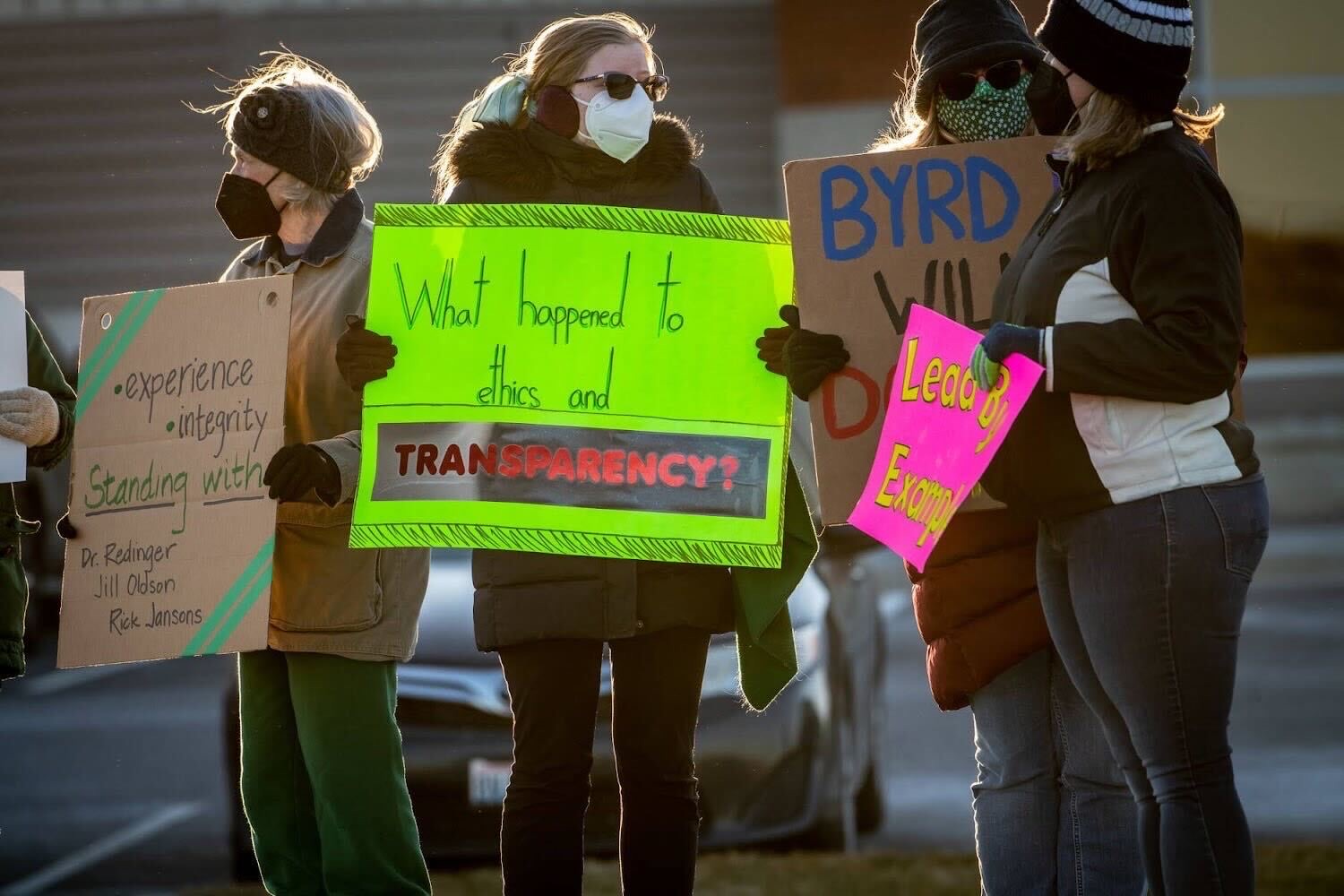Literature lost jeopardizes progress
Banning books is detrimental to children’s education, development
April 20, 2023

“Banning books gives us silence when we need speech. It closes our ears when we need to listen. It makes us blind when we need sight” – Stephen Chbosky, author of “Perks of Being a Wallflower.”
Why do we write books? Is it to spread knowledge? To have our art seen? To tell a side of a narrative that no one has heard before? Millions of books are printed and sold each year, each created for a unique purpose.
But over the last year, there has been a massive nationwide wave of unqualified people in positions of power making judgments on what should be discussed in schools and what is deemed inappropriate.
In hundreds of cities across America, adults with alternative opinions on what constitute “school-appropriate” subjects are gaining access to public offices with more influence over the K-12 curriculum. Many of these newly-elected officials are trying to repeal sensitivity programming and restrict what topics are allowed to be discussed in the classrooms.
A school board in Tennessee tried to ban Art Spiegelman’s book, Maus – a graphic novel depicting Spiegelman’s father’s experience as a Polish Jew during World War II, describing his experiences with the Gestapo, living in a work camp, seeing death around him – for including curse words and nudity.
The Oklahoma State Legislature is trying to pass a bill that will restrict schools from having books about gender or sexual identity in addition to books that discuss sexual behaviors. There are some books about puberty and what to expect when your body is changing that are under fire for simply mentioning the word “sex.”
Floridian teachers are struggling with how to teach their students why Rosa Parks is such an influential figure as elected officials are forcing educators to omit her race, which was fundamental in making her public statement on the bus what it was.
All the examples so far have been of Southern states restricting the free speech and knowledge acquisition of their adolescents, so it may seem that Washington is untouchable. This is not true. My hometown – Richland – is falling prey to this same species of inadequate public “servants” as these southern states are.
Not only is the school district back home trying to ban books that talk about topics that are inappropriate for the classroom – like sex, gender and race – they are actively trying to take away diversity training, which is not under a school board’s jurisdiction.
So there is an issue, but what are the actual impacts of this? Well, look at the pattern. Race, ethnic difference, discovering your body, gender identity, sexual identity – what do all of these have in common? Human awareness evolving over time. Each of these subjects show how a marginalized group was once treated versus how they are now.
Rosa Parks was jailed because she was a black woman who would not let a white man intimidate her.
The genocide of World War II happened because the Jewish people were different enough from the ones in power that the government got scared.
While going through puberty, you discover so much new about your body and preferences.
Diversity training is there to help educators understand being sensitive when teaching certain topics, illuminating implicit bias and helping students whose learning ability may be impaired by something cultural and how to work around it.
By banning the education and practice of these subjects, these elected officials are re-oppressing already oppressed groups by not allowing them to learn more about themselves and keeping others from helping them through whatever they might be going through.
How is a 12-year-old supposed to know that it is okay to look at someone they think is pretty for a little longer than they used to? How else are the next generation of children supposed to understand why Rosa Parks refused to stand on that bus? How else are we going to prevent the next ethnic genocide?
What we teach our children has been chosen carefully, crafting an image of the world as it is and the world as we hope it will be, so these kids can take life by the horns and take humanity to an even better, more inclusive place than we could ever imagine. As such, what is or is not put into a curriculum is consequential.
If something was deemed beneficial for our students to learn, why remove it? By removing these themes from our education system, these executives will set our society back who knows how far into the past, leaving our children’s children to pick up the pieces.
If you know of attempted book bannings in your community, do not be complacent. Stand up and make your voice heard. Report the censorship to the American Library Association. Contact those who represent you, no matter the level of governmental position. Every voice against injustice matters, because at one point or another in our history, no voice mattered.

























































































